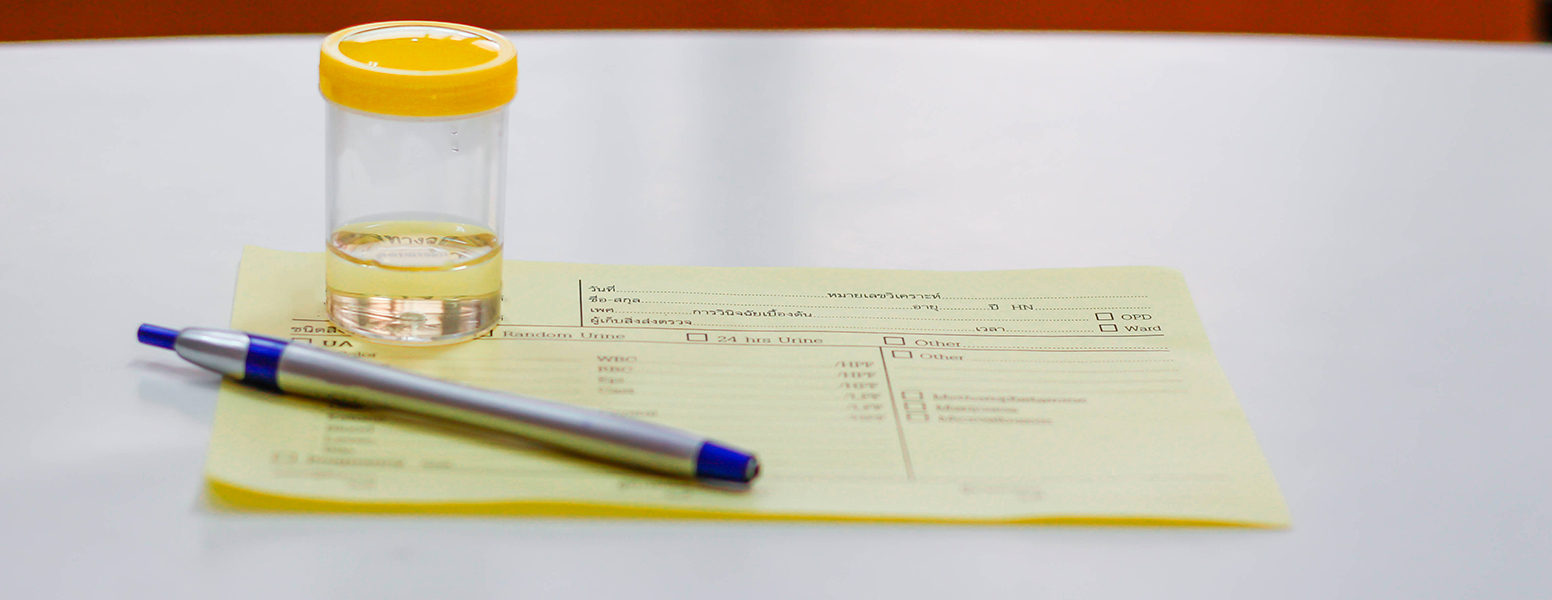Urinary incontinence is a pathological condition with a varied etiology.
Depending on severity, cases of incontinence can be treated with natural means and the use of special incontinence products, the right medication or the appropriate surgery.
Persons who suffer from urinary incontinence must undergo a clinical examination and the appropriate laboratory tests recommended by the doctor.
In general, the tests should be repeated at regular intervals (twice or once a year), so that the doctor can see how the condition evolves and adjust the treatment as appropriate.
Medication for incontinence is divided into antimuscarinics, mostly suited to incontinence due to an overactive urinary bladder, and serotonin reuptake inhibitors, such as duloxetine, which is recommended for stress incontinence.
Of course, incontinence medication has side effects; the patient must, therefore, follow their doctor’s instructions faithfully.
When it comes to surgery, there are many techniques that apply specifically to stress incontinence. For them to be successful, the attending physician must choose the right technique.
In any case, whether you are dealing with light or heavy incontinence, it would be helpful to visit a specialist.
Kindly contributed by Urologist – Andrologist Surgeon, Dr Charalambos P. Asvestis





